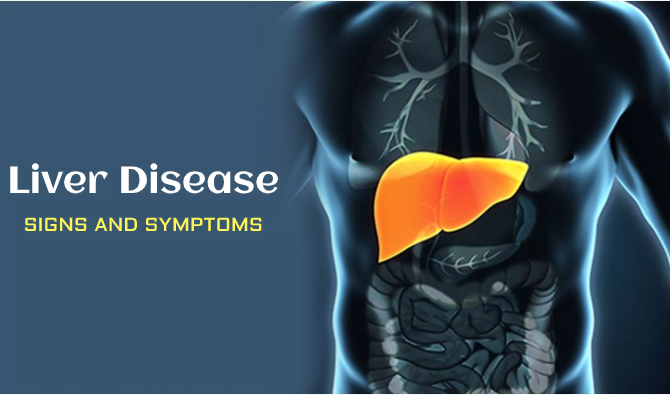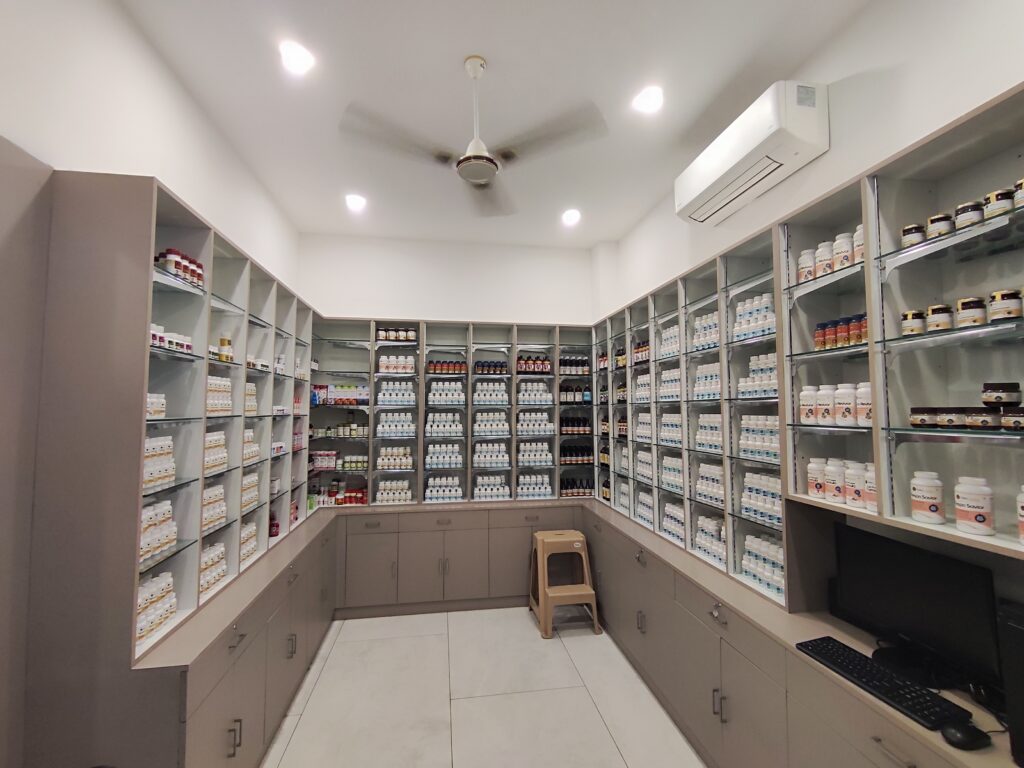Chronic ITP is common, and it is emotionally draining to live with the condition as it creates a significant impact in one’s life. ITP is a pathological condition that is associated with a low count of platelets in the body; it presents with signs and symptoms such as bruising and bleeding. As much as managing the physical aspect is essential, so is the controlling impacts felt emotionally and psychologically. This article discusses the emotional aspect of ITP, ways to manage it effectively, the importance of support groups, practices, and signs that indicate that professional help is necessary.
Understanding the Emotional Impact of ITP
One can suffer greatly emotionally if one has a chronic illness like ITP. This can lead to anxiety, depression, and frustration among the patients. ITP complications are not easily predictable – for instance they may experience unexplained bruising or bleeding – thus causing a lot of anxiety regarding overall health, well-being and the future.
Anxiety and Fear: The constant thoughts of bleeding and possible complications can contribute to increased worry. This is especially encouraged by the frequency of visits to doctors and other health facilities, which further enhances helplessness.
Depression: Many long-term illnesses have close relationships with depression or sadness. Psycho-social effects of ITP, including restrictions on daily activities and the constant need for medical intervention can make patients feel socially isolated and helpless.
Frustration and Anger: Patients may also develop feelings of frustration or even anger about their condition especially if the treatment is not giving the expected results. This may be further exacerbated by the fact that most cases of ITP do not have a known cause, making the patient may feel like they have been unfairly punished or that they do not understand why they are sick.
This makes it important to understand these emotional impacts for them to be controlled properly. Understanding that such feelings are normal for someone with a chronic health condition can aid in the effort to identify proper ways to deal with the stresses caused by the disease.
Coping Strategies for Managing ITP-related Stress
Managing stress is crucial for emotional well-being, especially for individuals with ITP. Effective coping strategies can help in alleviating some of the emotional burdens associated with the condition.
Education and Awareness: When a patient starts to understand what is going on in the body and how it is being managed by ITP can be helpful and reduce feelings of being helpless and hopeless. Knowledge about the condition enables the individuals to seek proper treatment as they make relevant changes to their lives.
Setting Realistic Goals: On health and lifestyle, patients must be reasonable. This can range from moderate modifications in diet, exercise, and other chores in everyday life. Pursuing small, obtainable goals may boost a feeling of competence and effectiveness.
Stress Management Techniques: The application of stress reduction procedures is suggested from time to time. Remedial activities like deep breathing exercises, progressive muscle relaxation, and mindfulness can be employed to reduce anxiety and stress.
Seeking Professional Guidance: Focus on some possible benefits of consultation with a healthcare provider to establish an effective stress management plan. This might entail suggesting particular ways that the patient could relax or changes in the treatment regimen.
Building a Support System for Emotional Strength
Support networks play a crucial role in emotional well-being for individuals with ITP. Building a strong support system can provide practical help, emotional comfort, and a sense of connection.
Family and Friends: Family and friends can provide encouragement and help needed during the time of treatment. The friends and families can assist by being supportive, willing to listen and even assist with chores if required.
Support Groups: Support groups for the patients with ITP or similar chronic diseases can be useful. These groups allow individuals to discuss the occurrences in their lives, learn how others are dealing with the same condition, and find people who can empathize with their daily experiences of chronic diseases.
Online Communities: Other support can also be sourced from online groups, forums, and social media platforms. It provides connections with other people in the same situation as one is, and they can easily share resources, ideas, and morale.
Professional Support: In some situations, consulting with the help of counselors or therapists who have experience working with chronically ill patients will help in solving issues and offer more helpful tips with regulation.
Mind-Body Practices for Enhancing Emotional Well-being
There is evidence that mind-body techniques can be useful in improving emotional health and regulating the stress that comes with ITP and other diseases. These practices are concerned with the relationship between the mind and body and may be helpful in weight regulation and well-being.
Yoga: Yoga is a type of exercise that consists of holding certain positions, controlling the breath and doing some meditation in order to eliminate stress. Physical flexibility and strength are both healthier outcomes, and it can be useful in treating states of anxiety and depression.
Meditation: Respiratory techniques, including mindfulness and imaginative visualization, can be effective in easing anxiety. Daily practice of meditation utilizes these benefits to develop emotional tolerance and improve mental health.
Breathing Exercises: Special breathing exercises like deep breathing, diaphragmatic breathing can be effective in reducing or handling anxiety or stress.
Adapting these mind-body techniques into these common activities poses an opportunity to reduce stress and boost general emotional health.
When to Seek Professional Help: Counseling and Therapy for ITP Patients
There are moments in personal life when one does not have any other choice but to get professional assistance. It is very important to be able to determine when one needs counseling or therapy in order to address and maintain proper emotional health.
Signs of Distress: If such impulses are recurrent and have an effect on the everyday life or become too much to bear, a person should consult a specialist. According to one reviewer some of the important symptoms that show that a person has reached a state considered to be of significant distress are sadness, the inability to concentrate, changes in eating or sleeping patterns, and the rejection of social interactions.
Professional Counseling: Support from a mental health professional, for example a counselor or therapist, can be very helpful. Counseling may help one express emotions, learn how to manage them, and find ways to overcome the issue.
Psychiatric Support: Sometimes, a patient needs to take drugs to address the signs of depression or anxiety. A psychiatrist can offer the possibility of psychopharmacological treatment if it is necessary.
Conclusion
Managing the ITP involves more than just medical treatment processes that need to be provided to enhance the well being of the patients. The overall improvement of the quality of life should be based on the knowledge of the emotional components of ITP and the use of proper coping mechanisms. Having social support, exercising mind-body practices and, in particular, reaching out for professional help in times of need are some significant elements of addressing psychological distresses in chronic illnesses. Thus, it is possible to state that individuals with ITP can gain a higher quality of life in spite of the difficulties they face due to their disease by focusing on these aspects of care.














